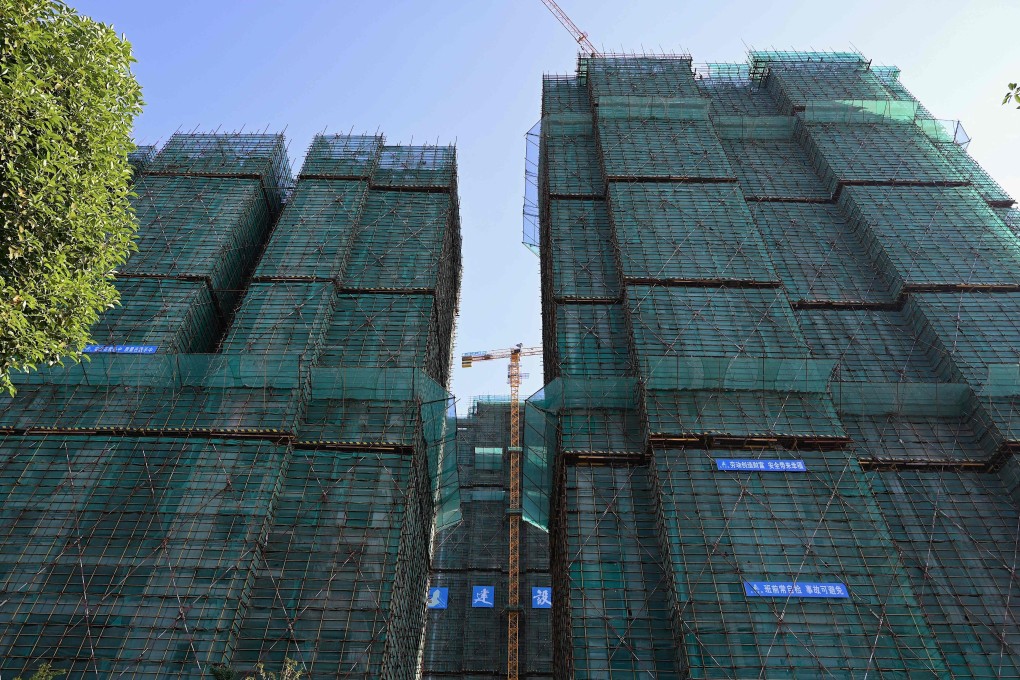China’s home-price growth weakens to eight-month low on cooling measures while Evergrande’s struggles keep buyers away
- The average price of new homes across 70 major cities rose 0.2 per cent month on month in August, the slowest since February’s 0.4 per cent gain
- Negative news surrounding China Evergrande hits sales at indebted developer

The average price of new homes across 70 major cities rose 0.2 per cent month on month in August, slowing from a 0.3 per cent increase in July, according to figures released by the National Bureau of Statistics (NBS) on Wednesday. In February, prices increased by 0.4 per cent, the highest this year.
“The softening property market was largely due to negative news surrounding the sector, such as more cities rolling out restrictions to cap price growth for new and old homes, as well as increasing difficulties in obtaining mortgage loans,” said Andy Lee Yiu-chi, chief executive for southern China at property agency Centaline China.

He added that China’s property market is likely to undergo a correction but was reluctant to predict the extent of the decline in prices.